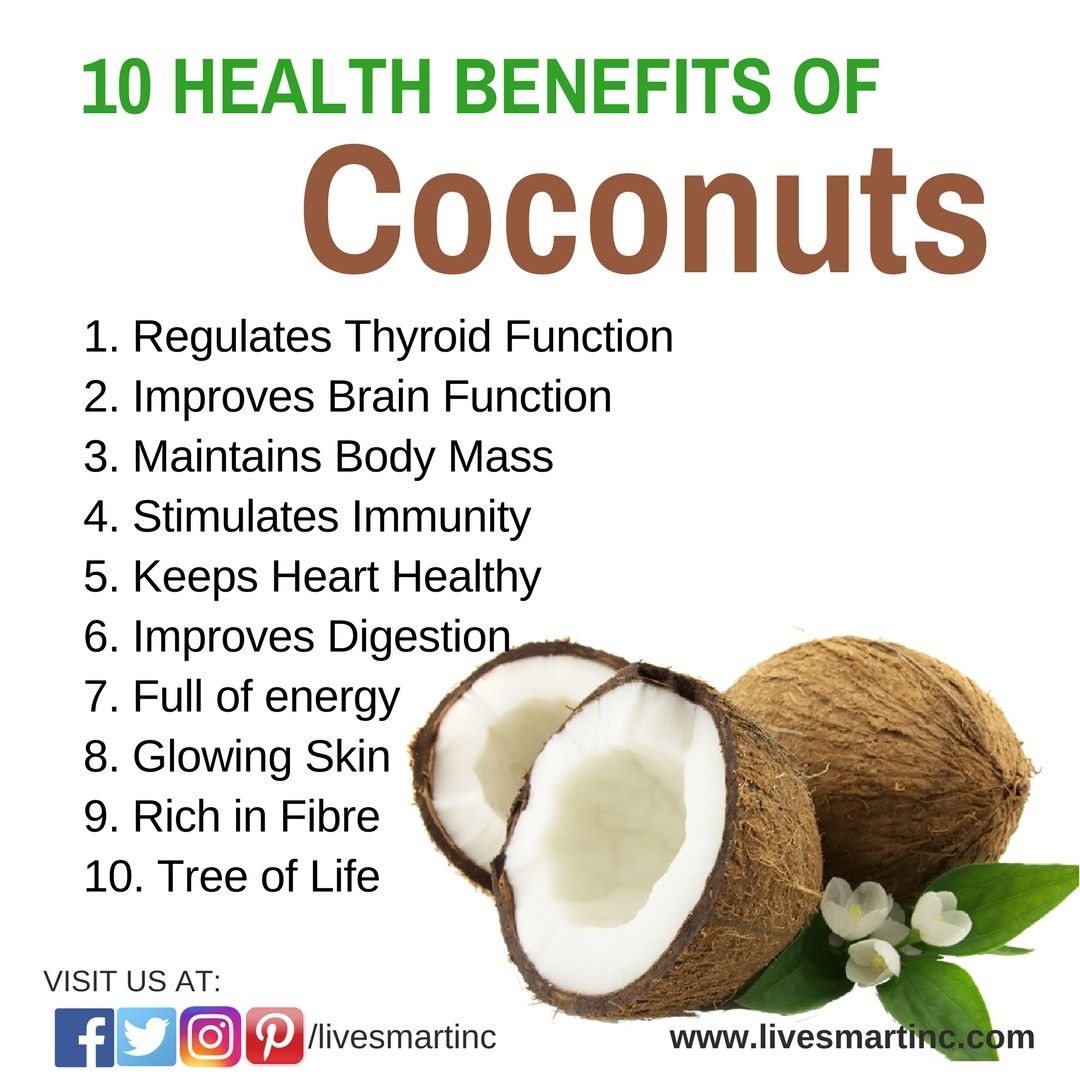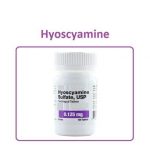
Contents
- 1 Coconut: Fruit, Seed, or Nut? Health Benefits Explained
- 1.0.1 Is a Coconut a Nut?
- 1.0.2 What Foods Can We Obtain from a Coconut?
- 1.0.3 Nutritional Value of Coconut Meat
- 1.0.4 Is Coconut Water Beneficial for Hydration?
- 1.0.5 Does Coconut Milk Provide Health Benefits?
- 1.0.6 Is Coconut Oil a Healthy Option?
- 1.0.7 Two Other Ways to Enjoy Coconut
- 1.0.8 Is Coconut Allergenic?
- 1.0.9 Key Takeaways Regarding Coconut Consumption
Coconut: Fruit, Seed, or Nut? Health Benefits Explained
Coconuts are fruits that provide health benefits, including medium chain triglycerides that are beneficial for brain health.
Coconut has gained recognition for its health benefits and distinctive flavor. Many people choose skincare and hair products that contain coconut oil. However, the classification of coconuts as fruits, seeds, or nuts may be unclear to those without botanical knowledge.
When coconuts are found in their natural form in tropical regions, they appear as large green elongated balls. Typically, coconuts sold in supermarkets have their fibrous outer shells removed, revealing the smaller brown ball with white meat. Shredded or flaked coconut is also available in cans and bags. But what category does coconut belong to?
Coconuts are indeed a type of fruit known as one-seeded drupes. Peaches, mangos, olives, cherries, pecans, and almonds are all examples of drupes. However, the structure of a coconut is slightly different due to its larger size.
A drupe consists of three layers: the outer skin or exocarp, the middle layer or mesocarp, and the inner part or endocarp, which contains the baby plant.
The green skin of a coconut, called the exocarp, turns brown as the fruit matures. The inedible fibers, known as the mesocarp, serve various purposes. The brown shell and white meat make up the endocarp. At one end of the coconut, the plant embryo can be seen nestled within the white meat. Consequently, coconuts can also be considered seeds.
During certain stages of maturity, the endocarp of a coconut contains liquid. Although often referred to as coconut milk, it is more accurately called coconut water. This liquid gradually transforms into the meat of the coconut as it matures. An immature fruit feels heavy due to its liquid content, while a mature coconut becomes lighter, resulting in a sloshing sound from the remaining liquid.
Is a Coconut a Nut?
Coconuts meet the definition of a nut as a one-seeded fruit. However, they do not fall into the category of true nuts, which require either natural decay or passage through an animal’s digestive system to release the seed. Coconuts sprout within their intact shells, starting the sprouting process internally.
The hard shell of a coconut features three indentations on one end. One of these serves as an opening through which the sprouting plant eventually grows. The other two indentations are not functional openings.
What Foods Can We Obtain from a Coconut?
Coconuts offer several food products, including:
- Coconut meat (flaked or shredded)
- Coconut water
- Coconut milk (processed from coconut meat)
- Coconut oil (extracted from coconut meat)
While certain coconut products are healthy choices, others are less so.
Nutritional Value of Coconut Meat
Coconut meat is rarely consumed on its own but is commonly added to baked goods, nutrition bars, and trail mix for enhanced flavor and nutritional value. However, it is important to note that coconut meat is high in calories:
- 185 calories per ounce
- 18 grams of fat
- 7 grams of carbohydrate
- 2 grams of protein
Is Coconut Water Beneficial for Hydration?
Coconut water, the clear liquid found inside coconuts, is sometimes used for hydration due to its electrolyte content, which includes sodium, potassium, calcium, magnesium, and phosphorus. Compared to sports drinks, coconut water offers a greater variety of electrolytes and has a lower acidity. It is naturally sweet without the use of high fructose corn syrup or artificial sweeteners. In addition, coconut water contains less sodium than sports drinks. It is important to note that most individuals do not require additional sodium unless engaging in intense physical activity. Staying hydrated with plain water is also a suitable option.
Does Coconut Milk Provide Health Benefits?
Coconut milk is derived from grated coconut meat mixed with water. It is a high-calorie, high-fat food, mostly consisting of saturated fat. Although coconut milk contains some fiber, as well as small amounts of vitamins and minerals, it is important to be conscious of its saturated fat content. Individuals who choose to include coconut milk in their diet can reduce their calorie intake by using smaller amounts or opting for lighter versions.
QUESTION
Is Coconut Oil a Healthy Option?
Coconut oil is commonly regarded as a healthy choice. However, it is important to examine its properties more closely. Like all oils and fats, coconut oil contains around 120 calories per tablespoon. It remains firm at room temperature due to its predominant content of saturated fat. Healthier unsaturated fats are typically liquid at room temperature. It is often claimed that coconut oil is healthy due to its medium-chain triglycerides (MCTs), which are readily processed by the body. However, commercially available coconut oil primarily consists of lauric acid, which behaves similarly to regular long-chain fatty acids. Clinical trials have shown that the consumption of coconut oil increases cholesterol levels, similar to the effects of other saturated fats such as butter and beef fat. Unsaturated fats like olive oil have a lesser impact on cholesterol levels. Although coconut oil can raise HDL (good) cholesterol, it raises LDL (bad) cholesterol to a greater extent and also increases total cholesterol levels. Additionally, relying solely on diet changes to increase HDL levels may not be the most effective strategy. Engaging in regular exercise provides numerous health benefits, including improved HDL levels.
Two Other Ways to Enjoy Coconut
Coconuts offer two unique foods that are less commonly available in local grocery stores. These foods are accessible only when the coconut is either very young or fully mature.
A young, green coconut contains gel-like coconut water. At this stage, the coconut can be eaten with a spoon, leading to its name, "spoon meat".
If a coconut matures and falls from the tree, the seed embryo within will start to sprout. This process gives rise to a spongy mass that fills the coconut’s cavity. Known as a coconut apple, this mass breaks down the coconut meat to nourish the growing plant. Some people enjoy consuming the sweet and crisp coconut apple.
Is Coconut Allergenic?
While some individuals classify coconuts as tree nuts, known to cause allergic reactions, they bear no resemblance to other tree nuts like walnuts and hazelnuts. Additionally, the coconut palm is not considered a traditional tree; it lacks bark and branches. Botanically, it is a flowering plant with a sizable woody stem.
Coconut allergies are relatively rare, as they are distinct from tree nut allergies. However, allergies to coconut can be dangerous due to the widespread use of coconut oil in cosmetics, toiletries, and food products. Individuals with coconut allergies should carefully read labels to avoid exposure.
Key Takeaways Regarding Coconut Consumption
Studies highlighting the potential health benefits of coconuts often examine populations with coconut-rich diets. However, it is challenging to isolate the specific benefits of coconut consumption from other elements that are characteristic of such diets, such as the inclusion of fruits, vegetables, and fish.
The majority of coconut products are calorically dense, so moderation is advised. When using coconut milk or coconut oil, be mindful of their saturated fat content. Employ small amounts for flavoring purposes.
To conclude, coconuts are classified as fruits, while referring to them as drupes would impress your acquaintances.
Lastly, if presented with the opportunity to try spoon meat or a coconut apple, it is an experience not to be missed.
Sources:
Anaphylaxis UK: "Coconut Allergy."
Harvard Health Publishing: "Ask the Doctor: Can HDL (good) cholesterol be too high?"
Harvard T.H. Chan School of Public Health: "Coconut Oil."
Huffines Institute for Sports Medicine & Human Performance: "Nature’s Gatorade: Effectiveness of Coconut Water on Electrolyte and Carbohydrate Replacement."
Library of Congress: "Is a coconut a fruit, nut or seed?"
Mather Hospital Northwell Health: "Should You Go Nuts for Coconut?"
University of Minnesota Extension: "What is the difference between fats and oils?"
USDA FoodData Central: "Nuts, coconut milk, canned (liquid expressed from grated meat and water)."
"Wayne’s Word, Palomar College: "Edible Palm Fruits."


